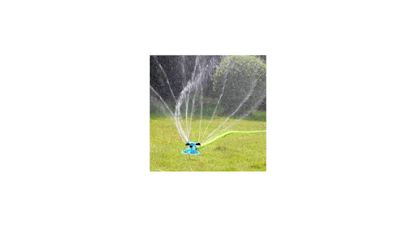“Yellow card…”
Shared by Breanne Smedley
I can count on one hand how many yellow or red cards I’ve received throughout the past 8 years of coaching.
My philosophy on officiating is that there will be a number of calls or non-calls in each match that will go the wrong way, but it usually evens out.
As long as it’s consistent on both sides of the next, I tell my players (and myself) to control the controllables.
And reffing is not in their control.
Getting angry at the refs (who are human) and blowing up for every double they don’t call only distracts from what is in our control: our response, mindset, attitude, and effort.
Judgment calls can’t be overturned, anyways. So most of the time it’s useless to protest and just gets players emotionally charged.
However, there are some situations when I have felt it necessary to say something.
A few seasons ago was one of those times.
My team was playing in a match with some young, inexperienced line judges.
This happens from time to time, but this was a high school varsity match with district playoff implications riding on the line.
We had already dealt with our share of balls called in that were out, touches gone unseen, etc., and had done a good job of maintaining composure and playing within our control.
One play, in particular though, changed that momentarily.
My outside hitter went up for an attack and hit the ball cleanly into the hands of the blocker on the other side.
The ball went off the blockers' hands and landed a foot outside the court on our side.
My player, along with the players covering her stood with her toes on the sideline and shouted “out!” like they had been coached.
It was obvious, the ball was out. Our point.
The line judge called a touch, instead. She was obviously confused and just made the wrong call.
The ref went with it though. Extended his arm to the side of our opponents, signaled a “touch” on our side of the court and awarded the point to the other team.
“That ball was clearly out. Not even close” I thought. “I have to say something.”
Now the crowd of parents on our side were starting to get a little vocal.
I followed the procedure and sent my captain to go ask the ref why the point was awarded to the other team.
She came back and said because the ball went out off my player’s hands. The line judge called a touch.
“The line judge didn’t know what she was calling.” I thought. “The touch was OFF THE BLOCKERS HANDS, and out of the court on our side.”
We weren’t going to lose a point over a line judge accidentally making the wrong call.
I explained to the down ref what happened. Surely he was able to see as well.
The up ref stood there with his arms extended to the opponent’s side, reaffirming his decision to award the point to the other team.
At this point, my heart was racing, palms sweaty, and there was a tightness in my stomach. I was feeling angry. My team had been wronged.
The whole crowd waiting to see what I would do next.
I didn’t sit down and told the down ref that he needed to consult with the line judge about the call.
The up ref, seeing that I was continuing to stand next to the down ref, pulled out a yellow card.
Warning. If you continue, you will be confined to the bench for the rest of the match. Or worse, ejected from the game.
However, the up ref then came down from his stand, pulled the line judge off her line, and consulted with her and the down ref.
After about 30 seconds of deliberating, he resumed his position on the stand and made the signal for a “replay.”
Replay.
Should be our point, but at least it’s not theirs.
I could continue to stop the game, risk getting another card, and emotionally derail my team.
Or, we go with the replay.
Replay it was.
We won the replay point, and eventually, the match.
And I’ve learned that sometimes there are situations that require courage, bravery, and advocacy.
In those situations, we speak up.
===
#InspirationallyImpactful



Comments
Post a Comment